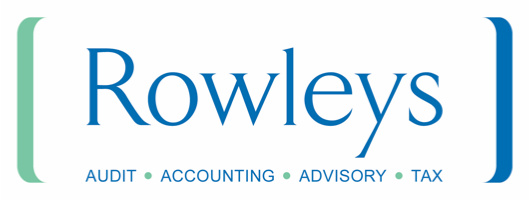News & Events
HMRC clamps down on ‘side hustle tax’ for online sellers
10th January 2024
HM Revenue and Customs (HMRC) will be cracking down on online sellers who are deemed to be ‘trading’. From the start of this year, various digital platforms, including Vinted and eBay, must share information with HMRC to identify individuals who are failing to declare income. In this article, we share more about the changes to this so called ‘side hustle tax’ and the implications for sellers.
New reporting rules for digital platforms
The new regulations apply for the 2024 calendar year, with platforms being required to submit their first reports by 31 January 2025. This means data will be shared which covers the current 2023/24 tax year, so it’s important that those selling online understand how these rules could impact them.
Platforms affected include eBay, Etsy, Vinted, Depop, Amazon Seller Central, Gumtree and Airbnb. So that means the rules can apply to sales of goods such as handmade items and second-hand clothes if you’re deemed to be trading; but also services such as freelance work, food delivery, short-term accommodation, and renting out your driveway for parking.
Someone simply selling on their unwanted household items and clothes through an online platform is unlikely to be caught by the rules as they wouldn’t be deemed to be ‘trading’; however, someone purposefully buying items from car boot sales and charity shops to sell through online marketplaces with a view to profit is most likely trading so the profits would be taxable. HMRC have some useful examples on their website.
We understand that platform operators will need to collect information about sellers – including full names, addresses, taxpayer identification numbers, and dates of birth or business registration numbers – along with details of the transactions in which they were involved.
Individuals with fewer than 30 sales or below €2,000 (approximately £1,725) in revenue in a reportable period will not be included in the reports, though it’s worth noting that, depending on the circumstances, tax may still be payable by those earning £1,000 or more from selling online, as mentioned below.
Whilst HMRC could already request information from digital platforms based in the UK, the new rules are part of a global effort, bringing the UK in line with the EU, with the aim of reducing tax evasion of side hustles.
A spokesperson for HMRC said: “These new rules will support our work to help online sellers get their tax right first time. They will also help us detect any deliberate non-compliance, ensuring a level playing field for all taxpayers.”
Registration for Self Assessment
Importantly, the rules for individuals have not changed.
Everyone is entitled to a £1,000 trading allowance per tax year – but if your sales exceed £1,000 in a tax year, it’s likely that you need to register for self assessment and report your sales. Individuals new to the self assessment tax regime have until 31st October 2024 to register for sales made in the 2023/24 tax year.
If you earn more than £1,000 through digital platforms, we can assess your position and help you to understand your obligations when it comes to tax. For more information on how this may impact you, please get in touch to speak to one of our friendly team.
